SJI Grantee Spotlights
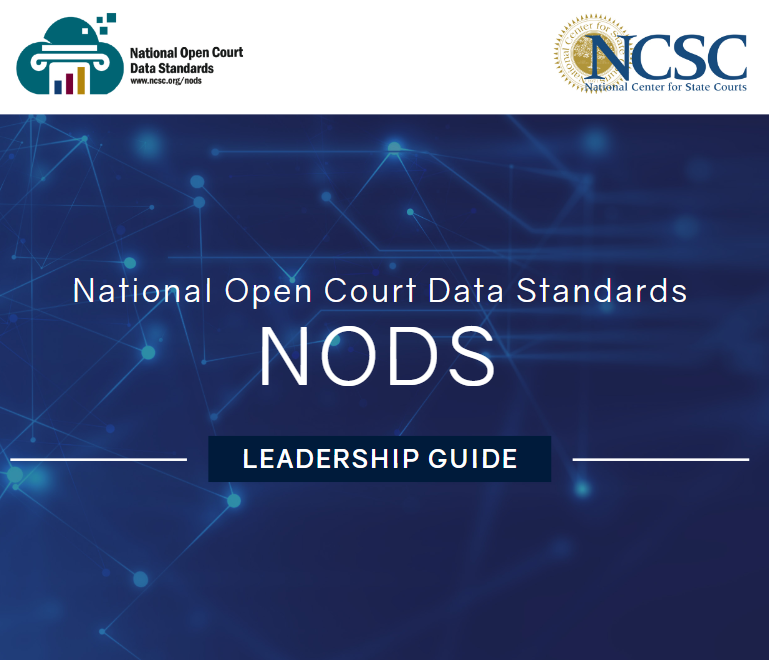
Implementing National Open Court Data Standards in Pilot Courts
The National Open Court Data Standards (NODS) consists of business and technical court data standards designed to facilitate the sharing of court data, ensure consistency in how data are understood and used, and reduce the costs and efforts required for courts to respond to data requests. In addition, several states are using NODS as a framework to build statewide data repositories.
Over the last four years, SJI has supported the implementation of NODS in 16 states. A recent evaluation of the project found that successful implementation has relied upon supportive executive leadership, dedicated staff, a designated NODS champion, and financial resources. Barriers to implementation have included a lack of resources, competing priorities, and insufficient leadership support. For states implementing NODS, it has been a useful tool to identify and address data governance issues. Most adopting courts indicated that their court began to collect new data elements due to mapping their case management system to NODS.
In addition to the core spreadsheet of data elements, resources available to courts and vendors include:
- NODS NIEM6 Message specification
- NODS User Guide
- NODS Leadership Guide
Along with Subject-area specific guides to NODS, including:
- NODS for Family Court
- NODS for Guardianship
- NODS for Traffic
- NODS for Criminal
These resources are available at www.ncsc.org/nods.
Webinars are also available to learn more about NODS, including a Data Dives Webinar on NODS and a special webinar on Better Traffic data with NODS.
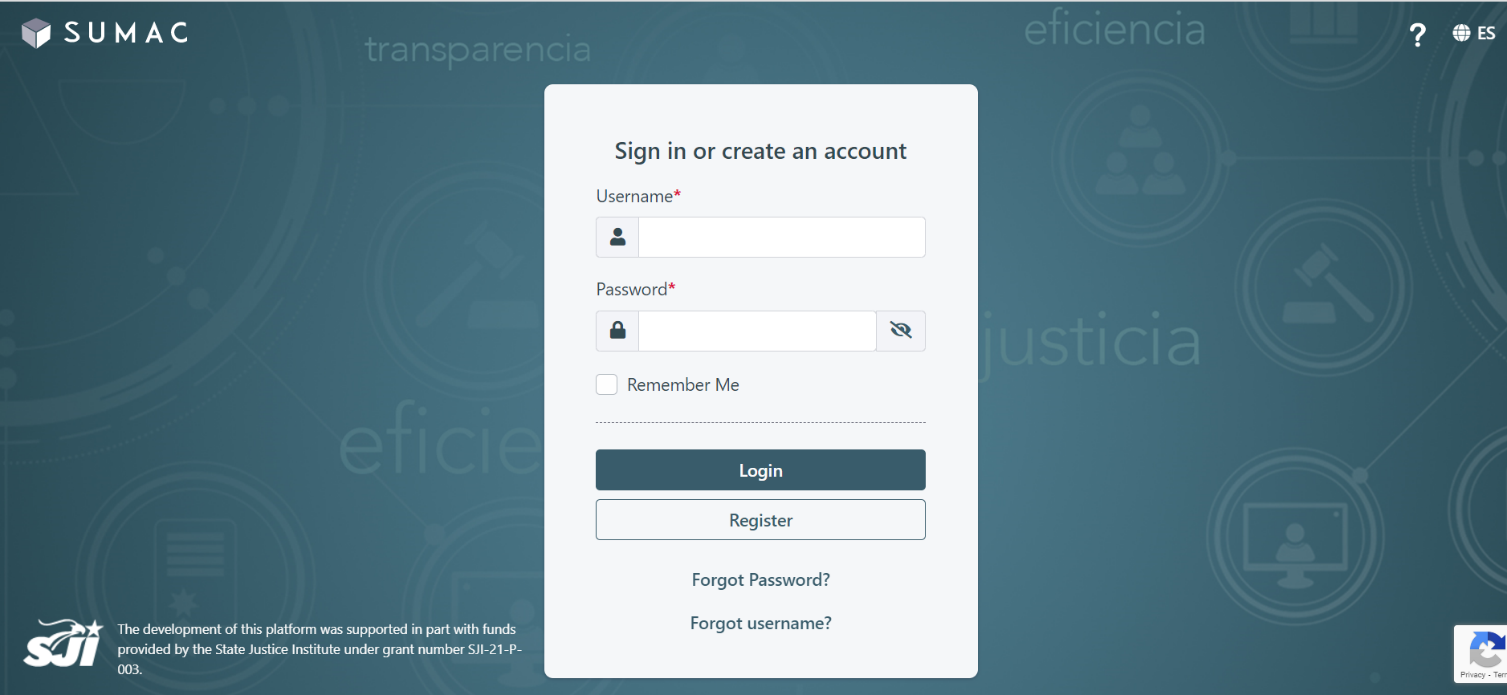
Puerto Rico Judicial Branch Electronic Court
December 1, 2022
During the pandemic, the Puerto Rico Office of Courts Administration (OCA) created an email account through which self-represented litigants (SRLs) seeking an emergency restraining order, a temporary detention or an involuntary admission order related to the Mental Health Code could file their petition to the Municipal Court. SRLs could download, complete, and submit the applicable …
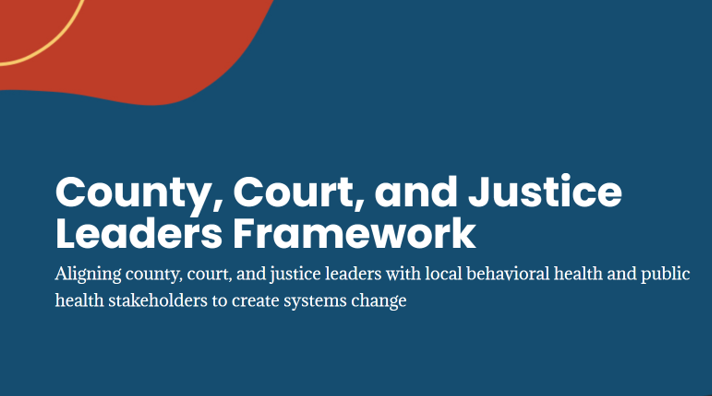
Convening County, Court & Justice Leaders: A Framework for Cross-System Collaboration Initiative
November 1, 2022
In January 2022, the National Association of Counties, Rulo Strategies, and Praxis Consulting launched a new initiative to support justice-oriented strategic planning co-led by judges and elected county leaders. This timely project leveraged the renewed interest many courts have, coming out of the pandemic, in partnering with local stakeholders to expand the resources available to …

Kentucky’s Responsive Education to Support Treatment in Opioid Recovery Efforts (RESTORE)
October 1, 2022
In 2020, the Kentucky Administrative Office of the Courts (AOC) received a SJI grant to assess the court’s access to and use of mental health and substance use recovery services within the community. Funding allowed the Crime and Justice Institute (CJI) to conduct an assessment of strengths, opportunities and challenges that judges, court personnel and …
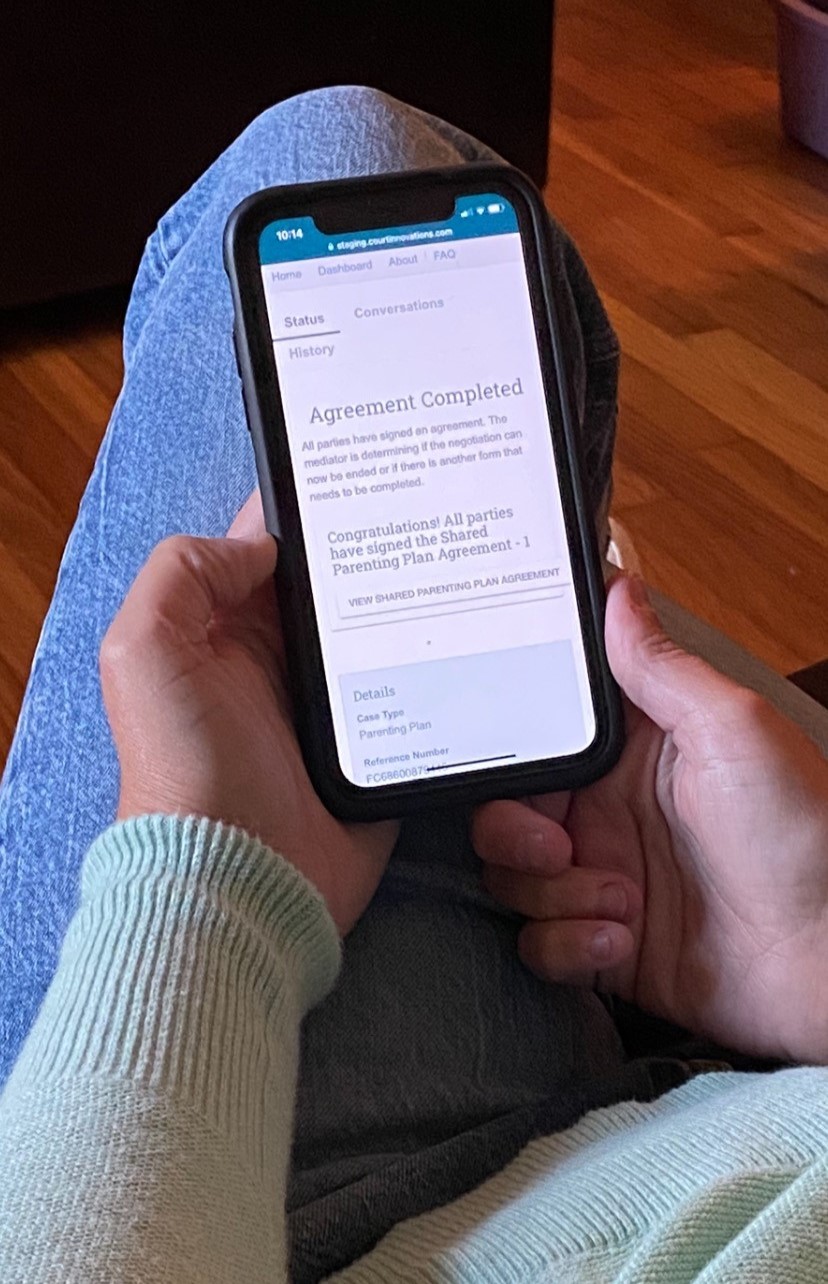
The Supreme Court of Ohio – Ohio ODR Pilot Program
September 1, 2022
The emergence of COVID-19 has had widespread effects throughout the court system and quarantine orders slowed operations. The Supreme Court of Ohio anticipated an influx of evictions and foreclosure filings in Ohio’s trial courts, as well as a backlog of civil cases. Chief Justice Maureen O’Connor directed the Office of Court Services to convene stakeholders …
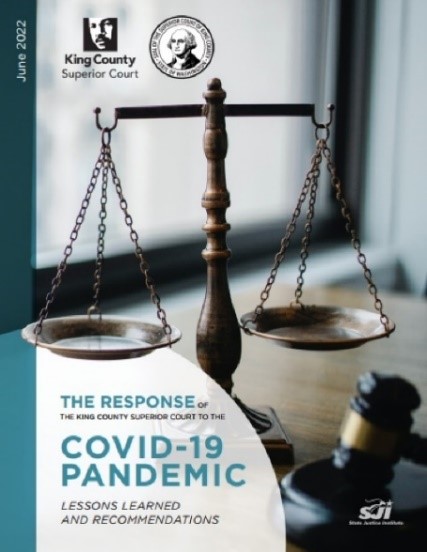
King County Superior Court, Washington – The Response of the King County Superior Court to the COVID-19 Pandemic: Lessons Learned and Recommendations
August 1, 2022
King County, Washington, was ground zero for the beginning of the COVID-19 pandemic in the United States. The Washington State Supreme Court suspended most court operations in all courts on March 18, 2020. Acknowledging access to justice is of critical importance, King County Superior Court (KCSC) leadership vowed to continue to hold matters on all …
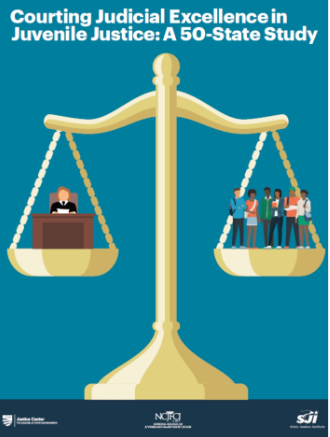
Council of State Governments Justice Center – Courting Judicial Excellence in Juvenile Justice- A 50 State Study
July 1, 2022
Juvenile court judges are the most important public figures in the juvenile justice system–their decisions impact whether hundreds of thousands of youth each year become court involved and for how long, whether they are involuntarily removed from their homes and communities, and the services they receive. Despite the importance of these judges, states and locales …

